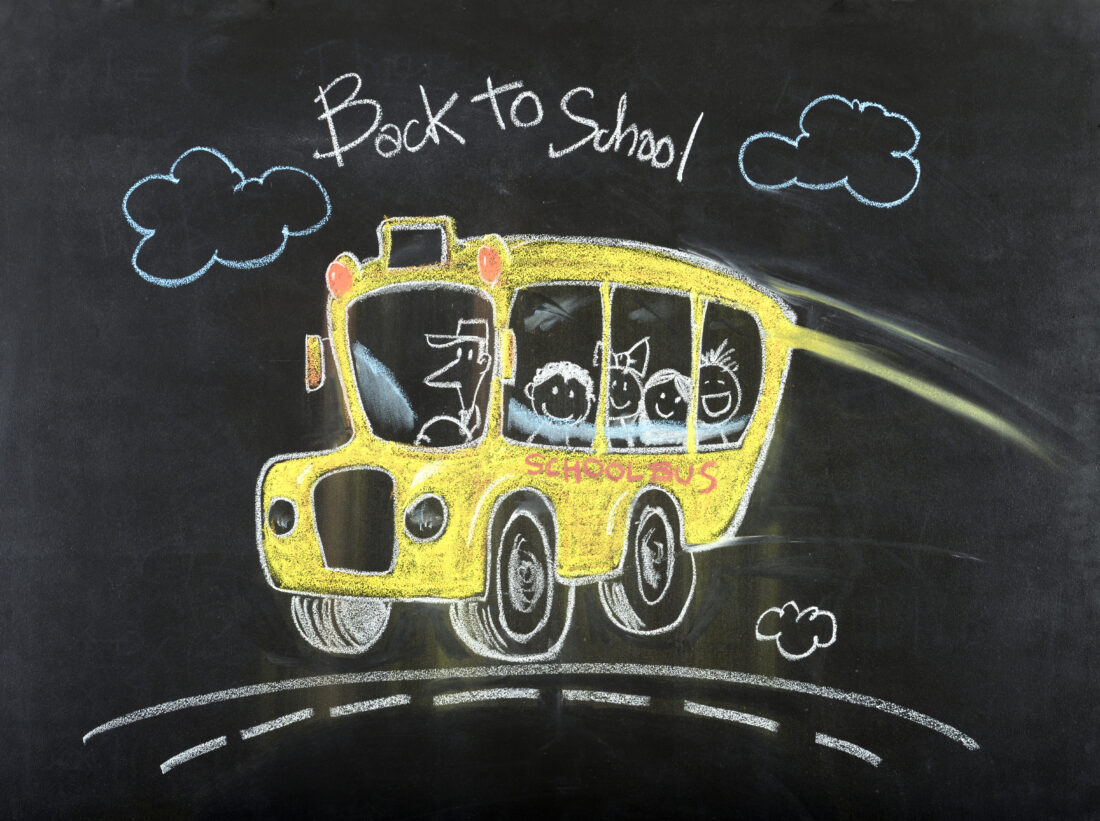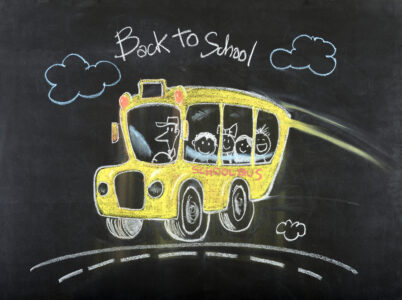MOV Parent: Advice for parents, children for when school resumes

(Graphic Illustration - MetroCreativeConnection)
I know I’m early with this article, but the Parent page comes out the third week of this month, and by next month, the school will be already started so I thought I write it today. So here’s some advice that I use with my own experience as a mother. Maybe you have used all of them as well, but some new parents hopefully can benefit from them.
Remind your child that teachers know that students may be nervous about the first day of school and they will make an extra effort to make sure everyone feels as comfortable as possible. As with any new or unsettling situation, like starting school for the first time or entering a new grade or new school, give kids time to adjust. It might take a little bit of time to get used to the everyday routine.
Take time to focus on the positive things about going back to school, such as hanging with old friends or meeting new classmates, buying cool school supplies and getting involved in sports, music and other school clubs and activities.
If your child seems nervous, ask him or her what they are worried about and help them problem-solve ways to master the new situation.
Tell them to listen carefully when teachers talk and also to do the best to remember as many things that the teacher says and take notes to make it easier for them
Respect your teacher, and if there is something you don’t understand, don’t hesitate to ask her or him to explain it to you. Teachers love for their students to ask questions; that means you’re interested, you pay attention and you are sincere about school. After all, you’re there to learn. Recess is the time to play with your friends. While you’re in the classroom, you need to concentrate and take it seriously.
When your children come home, ask them about their class and discuss how that information they learned will help them later on in their adult life, if the children are old enough. Ask them about the other kids – if kids are mean, if they’re nice. Be your child’s friend so they can trust you and tell you the good and bad things that happen at school. Be supportive, give them big hugs and reassurance, along with plenty of advice.
Don’t forget kids are more nervous than you are so they need your support in any way possible.
Now, it’s time to help your child. Adjust to an earlier bedtime. Have your child turn off all the electronic devices before bedtime. Make surprise visits to their bedroom to make sure they pay attention to your rules. Don’t forget: You are the parent and you make the rules and they need to respect them.
In case your child is taking a school bus, remind them to look both ways to see that no other traffic is coming before crossing the street.
Safe driving and carpooling to school is good. Make sure your child uses seatbelts at all times. Children younger than 13 years old should ride in the rear seat of vehicles .
Many kids have to walk to school. Is there a safe route and well-trained crossing guard at every intersection? Young children are less cautious around traffic, so it’s best if they start walking to school at 9 to 11 years old.
Kids function better when they start their day with a well-balanced breakfast. I think it’s wonderful that all our schools provide breakfast for students. It is a blessing because so many parents have to go to work before their kids, and kids may neglect to eat something nutritious, so they can go to school and eat at the school cafeteria.
Many parents pack their kids’ lunches. I hear many parents that put soft drinks in their child’s lunchbox, not realizing that each 12-ounce can has approximately 10 teaspoons of sugar and 150 calories.
One important thing that we must not ignore is to prevent bullying at schools.
Bullying can be physical, verbal or social. It can happen at school, on the playground, on the school bus or even on cell phones. Tell your child if they have that problem to let you know so you can protect them.
Focus on praising your child when they behave in positive ways, such as helping or being kind to other children. At the same time, support good homework and study habits. First homework, then play. And don’t forget to supervise computer and internet use, as they can be very distracting to students.
If your child is struggling with a particular subject at school, help them at home, but don’t hesitate to talk to their teacher so they can receive help at school too.
And last and very important, if you believe and think your child will benefit from special education services, ask the school for suggestions and help. I know there is so much to do when school starts, but we as parents are responsible for our child’s education and safety, and they need our support.
A healthy and safe child makes life easier for the whole family.
Till next month.






